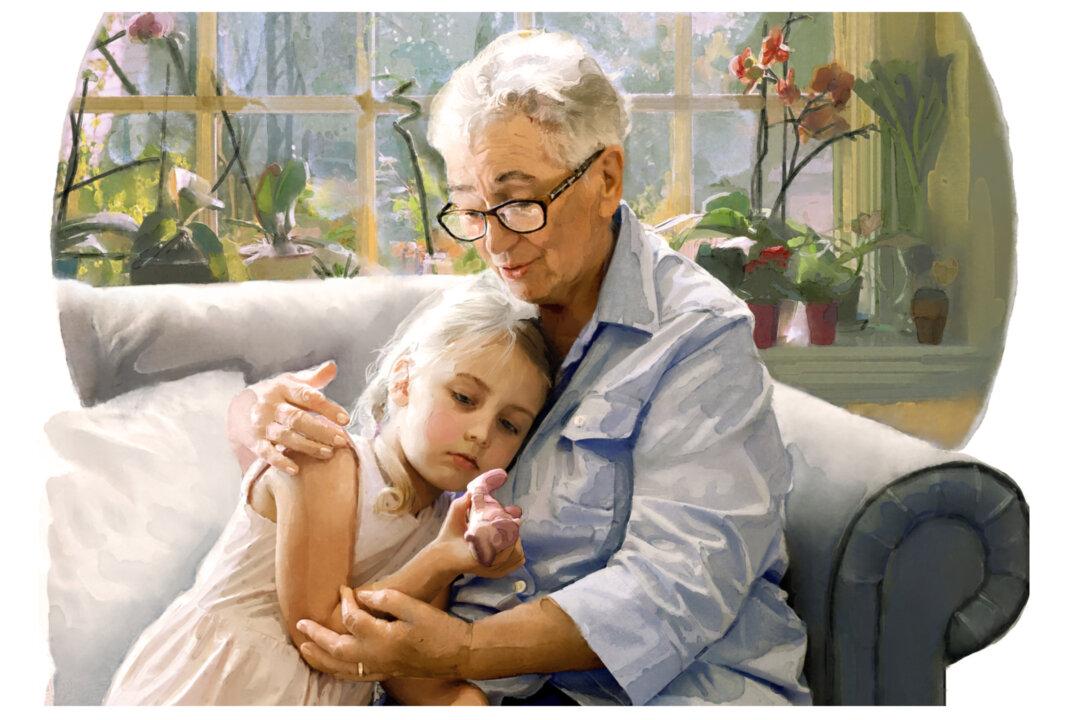Often, in carrying out intentional acts of grace and goodness, we blindly give a part of ourselves to those around us.
A teacher, for example, may inspire a student while remaining entirely unaware of the effect or the consequences.

Often, in carrying out intentional acts of grace and goodness, we blindly give a part of ourselves to those around us.
A teacher, for example, may inspire a student while remaining entirely unaware of the effect or the consequences.